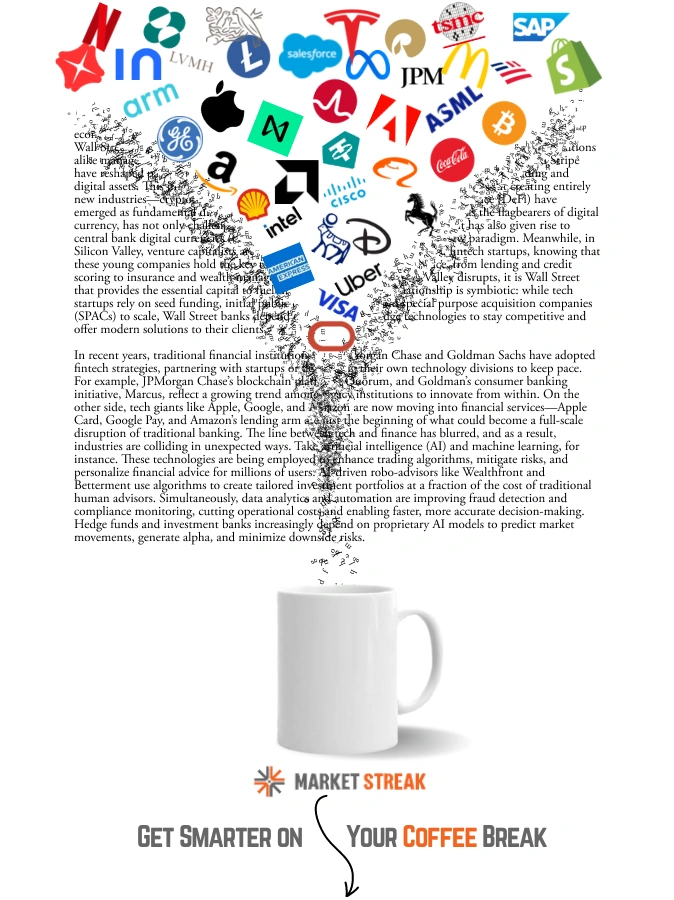Politics
Markets
US-Elections
Goldman-Sachs

Politics
Markets
US-Elections
Goldman-Sachs
Goldman Sachs Group Inc. analysts have released a report suggesting that global investors are overestimating the potential negative impact of a delayed US presidential election result on financial markets. While acknowledging the possibility of unforeseen consequences ("tail risks"), the analysts—Michael Cahill, Lexi Kanter, and Alec Phillips—argue that markets are likely to adapt quickly and reflect the likely outcome even if a clear winner isn't immediately declared after the election on November 5th.
Their assessment is based on several key factors. First, despite tight polling data at both the state and national levels, Goldman Sachs predicts a more decisive Electoral College victory for one candidate than current polls suggest. This wider margin, they believe, will ultimately minimize prolonged uncertainty.
Second, the analysts point to significant improvements in the process of counting ballots since the 2020 election. Changes implemented in various states, largely in response to the pandemic, are expected to accelerate the vote-counting process. These changes, they believe, will mitigate the potential for drawn-out delays compared to the experience of 2020.
Goldman Sachs' analysis draws upon the patterns observed in the 2016 and 2020 elections. Their research shows that the most significant market volatility in currency markets—specifically foreign exchange (FX) markets—occurred in the initial hours of the vote count, coinciding with the opening of the Tokyo trading session. The release of early county-level results, rather than the official declaration of a winner, proved to be the primary driver of early exchange rate fluctuations.
The report emphasizes the relatively short-lived nature of this volatility. "In both 2016 and 2020, the vast majority of FX volatility occurred in the first few hours of the results," the analysts wrote. They further noted that while some elevated volatility persisted during London trading hours, market conditions generally returned to normal by the afternoon in New York on the day following the election.
This historical data provides the basis for Goldman Sachs' conclusion that any potential delay in declaring a winner will likely have a limited and transient impact on global financial markets. The analysts believe that the markets will efficiently process available information—even incomplete early results—to reflect the likely outcome of the election swiftly. Essentially, they are predicting that the market's initial reaction to early vote counts will be far more significant than any prolonged uncertainty stemming from a delay in the final declaration of a winner.
Further Considerations: Beyond the Immediate Market Reaction
While Goldman Sachs focuses on the immediate market reaction, several additional factors warrant consideration regarding the broader implications of a potential delay in the US election results:
Political Uncertainty: Regardless of market reactions, a delayed result would undoubtedly increase political uncertainty in the US and globally. This uncertainty could affect investor confidence, particularly in long-term investment decisions. While markets might bounce back quickly from initial volatility, prolonged political ambiguity could affect business investment, consumer spending, and international relations.
Legal Challenges: A close election outcome often leads to legal challenges contesting the results. Such challenges, depending on their nature and duration, could further prolong uncertainty. The duration and intensity of any such legal battles could impact investor sentiment far beyond the initial market fluctuations.
Social and Political Divisions: The 2020 election highlighted the deep social and political divisions within the US. A close contest and subsequent delays in announcing the results could potentially exacerbate these divisions, leading to social unrest. This type of instability, while not directly impacting immediate market prices, could influence long-term economic prospects.
International Relations: The US presidential election holds significant global implications. A delayed result or a contested election outcome could create uncertainty in US foreign policy and its international alliances. This uncertainty could ripple through global markets, affecting trade, investment, and geopolitical stability.
Government Functionality: A delayed result could potentially affect the smooth transfer of power and the functioning of the US government. This could lead to delays in policy decisions and governmental actions, with subsequent downstream impacts on various sectors.
The Importance of Context and Nuance:
It's crucial to understand that Goldman Sachs' analysis does not predict the absence of any market reaction. Their argument is that the magnitude of the reaction is likely to be less severe and shorter-lived than many currently anticipate. Their perspective relies heavily on the assumption that sufficient early data will become available to permit markets to quickly assess the likely outcome. However, unforeseen circumstances could easily alter this assessment.
Moreover, the report primarily focuses on currency markets. The impact of a delayed result could manifest differently in other asset classes, such as equities, bonds, and commodities. A comprehensive analysis would need to evaluate these other markets in more detail.
Conclusion:
Goldman Sachs’ assessment that market concerns over a delayed election result are overblown provides a valuable perspective. Their analysis, based on previous election cycles and anticipated improvements in ballot processing, suggests a relatively contained and short-lived market reaction. However, this should not be interpreted as a dismissal of the broader political, social, and economic implications of a close or contested election. The potential for prolonged uncertainty beyond the initial market reaction should remain a key factor in assessing the overall impact of the US Presidential election on global affairs. The Goldman Sachs analysis provides a valuable lens for understanding the immediate market reaction, but further analysis is needed for a complete picture of the potential consequences.
SHARE



news
30th October 2024


news
30th October 2024

news
30th October 2024


news
30th October 2024

news
30th October 2024

news
30th October 2024